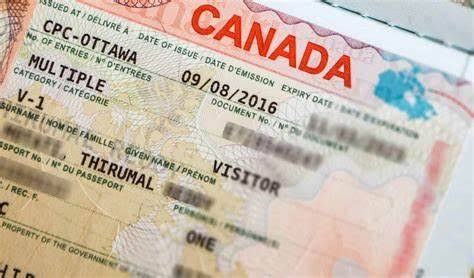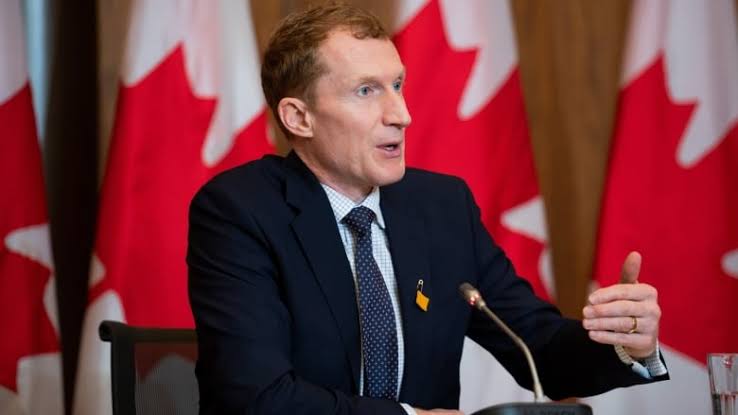Education
ALERT: Canada Plans Big Reduction Of Study Permits For Nigerian Students, Others

-
Canada has been a choice destination for Nigerian students looking to immigrate.
-
The country has been receptive to this category of students for years.
-
However, Canada has floated the idea of a cap on the number of international students for months.
Eko Hot Blog reports that Canada is set to reduce the number of international student permits by 35 per cent next year as part of a temporary two-year cap on foreign enrollment.
The North American country’s Immigration Minister Marc Miller announced the move on Monday morning.
The cap will cut the number of approved study permits in 2024 to 364,000. The 2025 limit will be reassessed at the end of this year.
The decision will affect Nigerians considering applying for Canada’s study permit.
Miller said the move would allow the country to address institutions and “bad actors” who are charging exorbitantly high tuition fees for international students, all while increasing the number of international students they are accepting.
However, students applying to masters and PhD programmes will be exempt from the cap, he noted.
“Those are the bright people we need to retain,” Miller said.
He added that they would be allocating cap space by province based on population, meaning some provinces will see a sharper reduction in the number of international students permitted.

Canada’s Immigration Minister Marc Miller
The federal government has faced pressure from provinces regarding the increasing numbers of non-permanent residents entering Canada while the country struggles with a housing crisis.
More than 800,000 international students were issued temporary study visas in 2022. Miller said last fall that 2023’s numbers were on track to be more than triple the number accepted 10 years ago.
Miller stressed in his comments Monday that this cap is not intended to punish international students, who are “a valuable asset to this country,” but to ensure their experience and education is up to snuff. He added that it was “unacceptable that some private institutions” have “taken advantage” of international students by jacking up tuition prices.
“Those institutions need to be shut down,” he said.
He added that post-secondary institutions have been “underfunded by our provinces” in many regions, potentially incentivizing institutions to charge higher tuition fees for international students since they have less leeway to increase tuition for domestic students.
The idea of a cap on the number of international students has been floated for months.
Miller has previously noted that a cap would not be a “one-size-fits-all solution” to housing shortages, as inflation, a lack of public housing and barriers to new construction are all factors impacting the shortage as well.
Credit: CTV News
Click here to watch our video of the week:
Advertise or Publish a Story on EkoHot Blog:
Kindly contact us at [email protected]. Breaking stories should be sent to the above email and substantiated with pictorial evidence.
Citizen journalists will receive a token as data incentive.
Call or Whatsapp: 0803 561 7233, 0703 414 5611



















